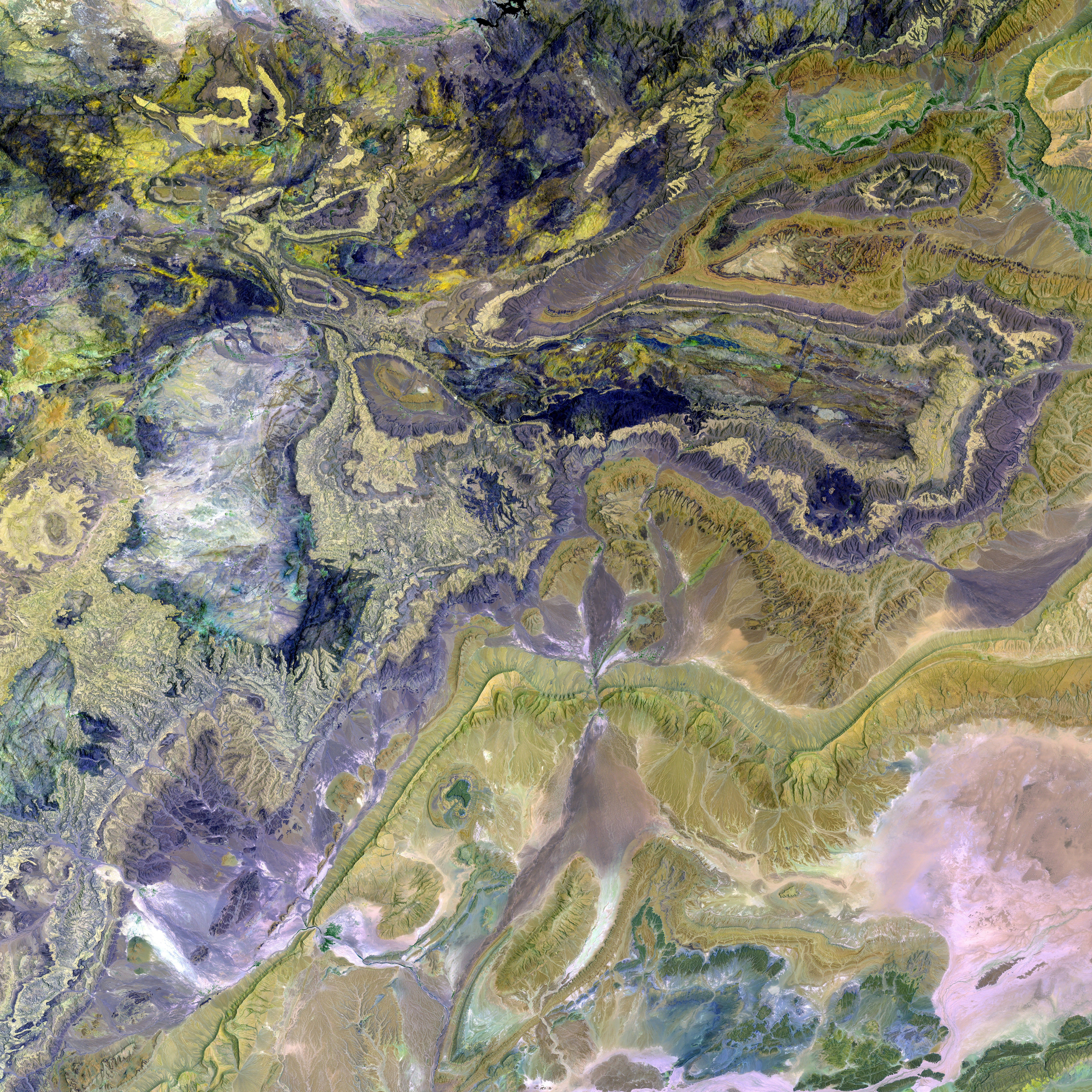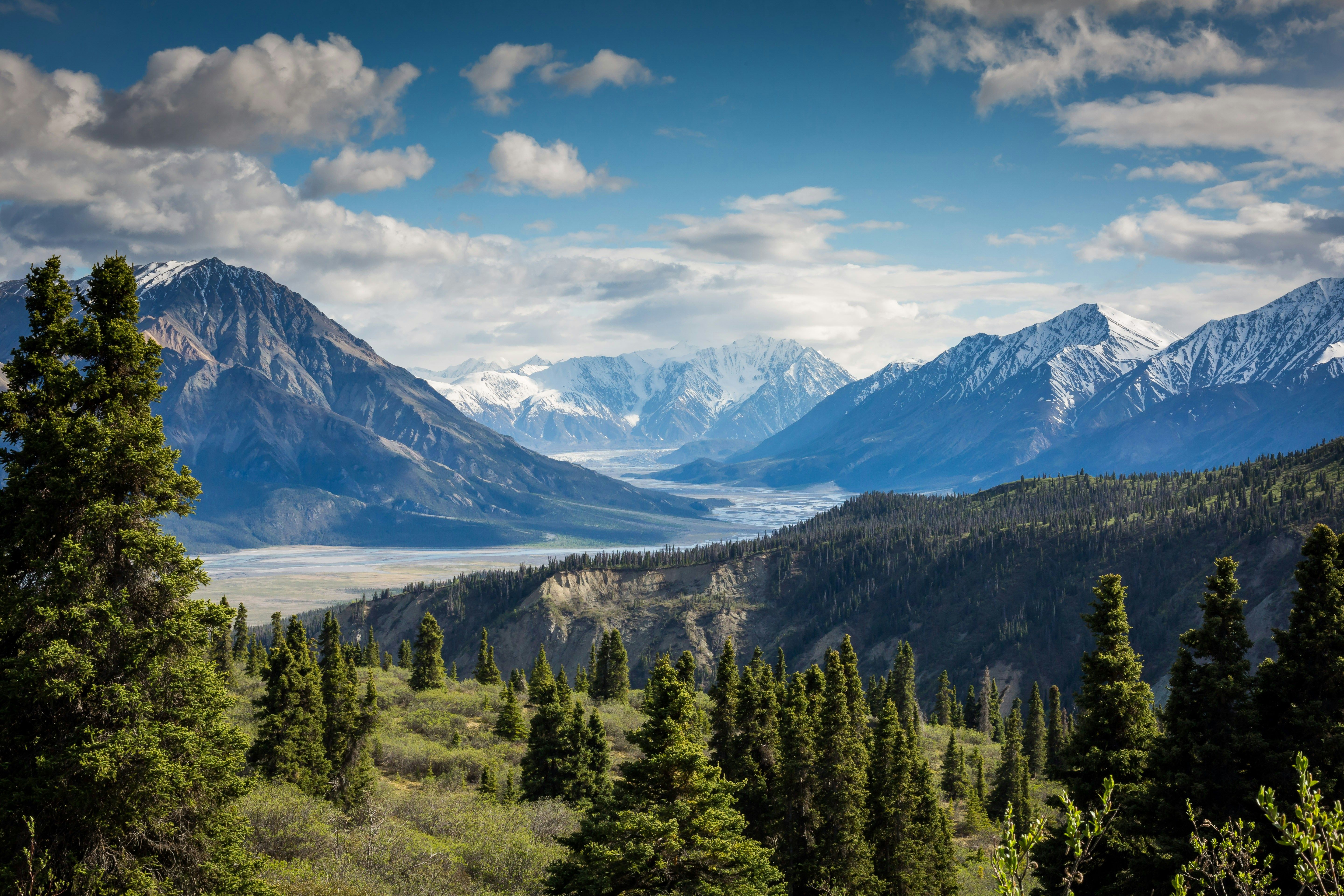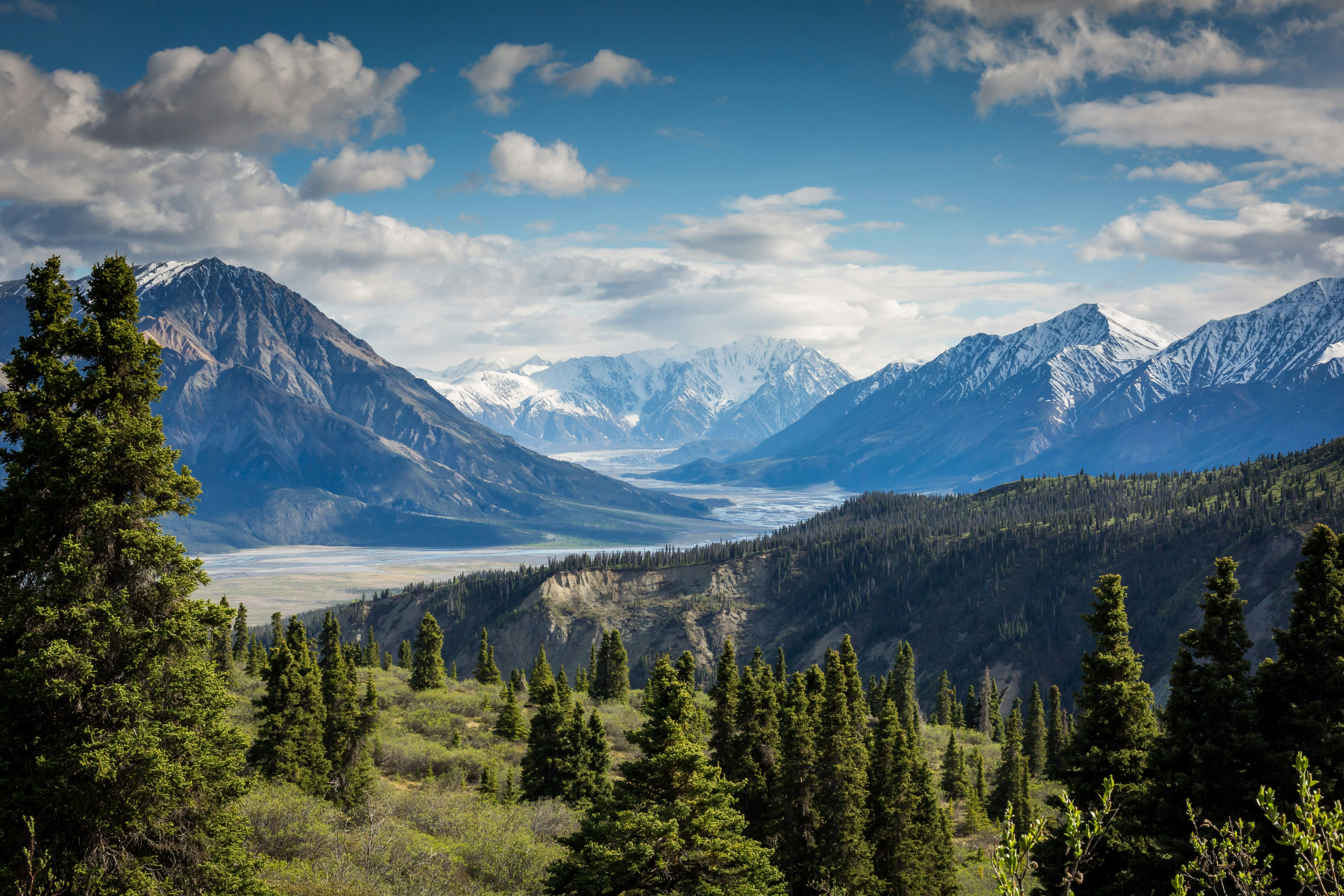Critics among Catholic ranks express disapproval towards President Trump following his sharing of an AI-created image depicting himself as the pope.
Trump Stirring Controversy Again:
The White House is once again embroiled in a religious storm, this time over an AI-generated image of President Donald Trump dressed as the Pope. Posted on Trump's Truth Social platform and later amplified by the White House, the image has sparked widespread backlash from the Catholic community.
The image, which portrays Trump in white papal attire, complete with a large cross necklace and a gilded chair, was shared just days before the papal conclave and during the nine-day mourning period for the late Pope Francis. The timing and the perceived insensitivity of the image have drawn sharp rebukes from Catholic leaders and political figures alike.
The New York State Catholic Conference, representing bishops in New York, denounced the post, calling it disrespectful and urging the president not to mock them. Cardinal Timothy Dolan of New York, a member of the White House's Religious Liberty Commission, called the image a "brutta figura" (embarrassing blunder) and expressed hope that Trump was not directly responsible for its creation. Vatican-affiliated sources and Italian/Spanish media have also expressed their disapproval of the image, emphasizing the solemnity of the papal transition.
While the White House's reposting of the image has received mixed reactions, Catholic communities have largely condemned it as offensive during a period of mourning. Al Jazeera has highlighted how the Trump administration's provocative social media strategy risks alienating religious groups while appealing to its base. America Magazine has underscored the theological offense, reflecting broader concerns about trivializing ecclesiastical authority.
Even James Martin, a Jesuit priest and editor-at-large for the Jesuit publication America Magazine, has weighed in, stating that while he presumes Trump meant the post light-heartedly, he finds it deeply offensive. He also points out the stark contrast between the criticism Trump's post has received and the outrage that would have ensued had a similar post been shared by Joe Biden or Barack Obama.
The White House has yet to respond to requests for comment. Vice President JD Vance, who is Catholic, has weighed in on the controversy, stating that he is fine with people telling jokes, but not with people starting wars that kill thousands of his countrymen. The Associated Press has reported that White House press secretary Karoline Leavitt responded to the criticism, saying that President Trump was a staunch champion for Catholics and religious liberty. Last week, Trump jokingly expressed a desire to be Pope Francis' successor.
Pope Francis passed away on April 21 due to a cerebral stroke, coma, and cardiocirculatory collapse. He was 88.
[1] Al Jazeera - Trump's pope joke lands with a thud amid Catholic mourning[2] New York State Catholic Conference - Statement on President Trump's Papal Image[3] NBC News - Catholic leaders, Trump critics condemn president's carved papal photo[4] America Magazine - Did Trump's Pope Photo Cross a Line?[5] Vatican News - Analysis: Posthumous Image of Pope Francis Circulates Amidst Controversy Over Trump's Papal Image
- The controversy surrounding the AI-generated image of President Donald Trump dressed as the Pope has been widely criticized by Catholic leaders and media outlets, with Al Jazeera arguing that the Trump administration's provocative social media strategy risks alienating religious groups.
- Cardinal Timothy Dolan, a member of the White House's Religious Liberty Commission, has called the image a "brutta figura" (embarrassing blunder), expressing hope that Trump was not directly responsible for its creation.
- In a statement, the New York State Catholic Conference denounced the post as disrespectful and called upon the president not to mock them, while the Vatican-affiliated sources and Italian/Spanish media have also expressed their disapproval of the image.
- America Magazine has underscored the theological offense, reflecting broader concerns about trivializing ecclesiastical authority and highlighting the stark contrast between the criticism Trump's post has received and the outrage that would have ensued had a similar post been shared by Joe Biden or Barack Obama.







